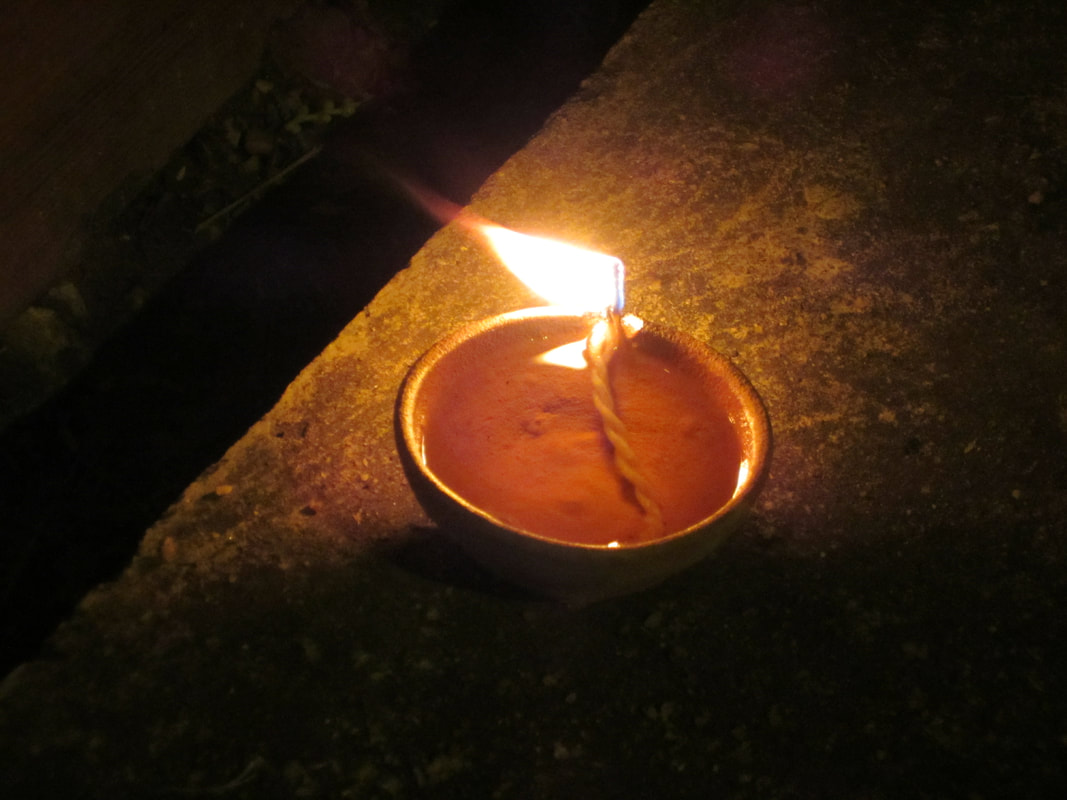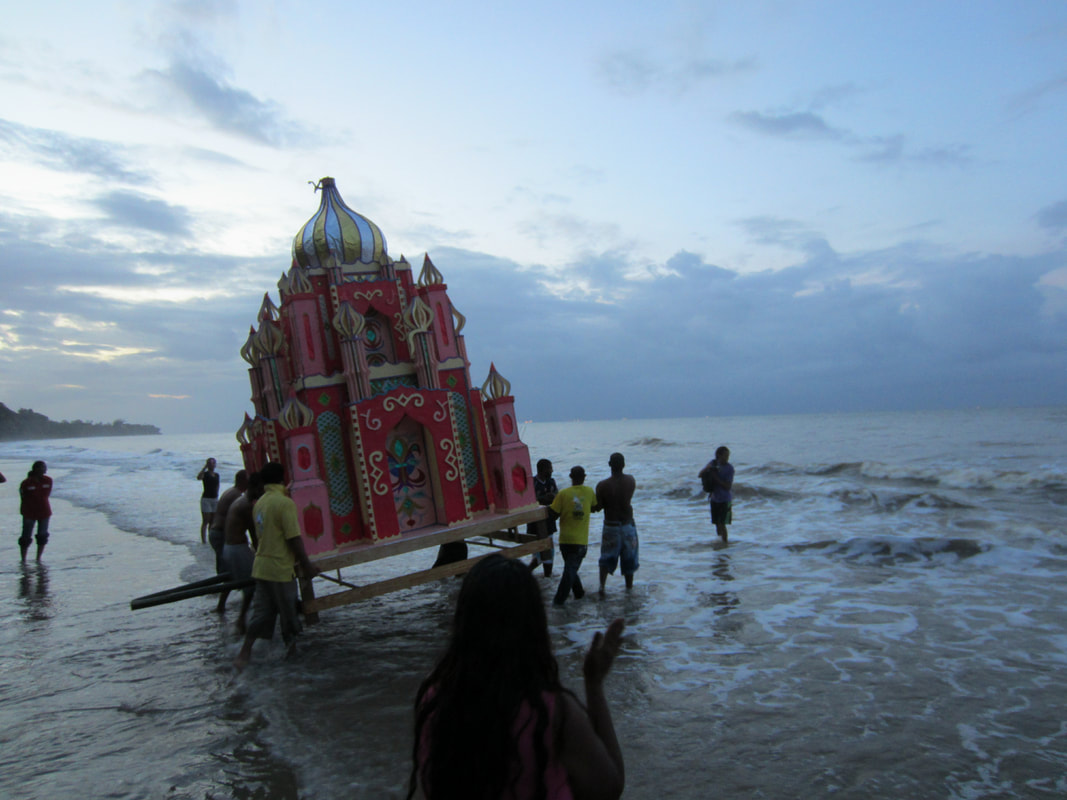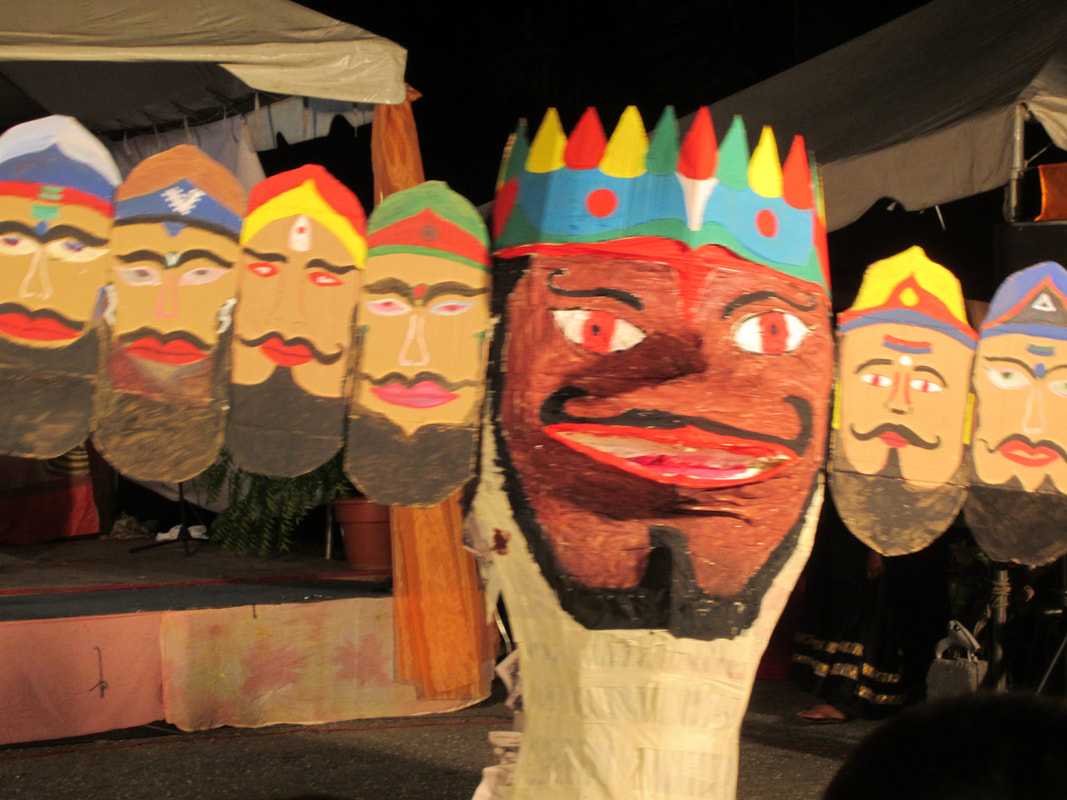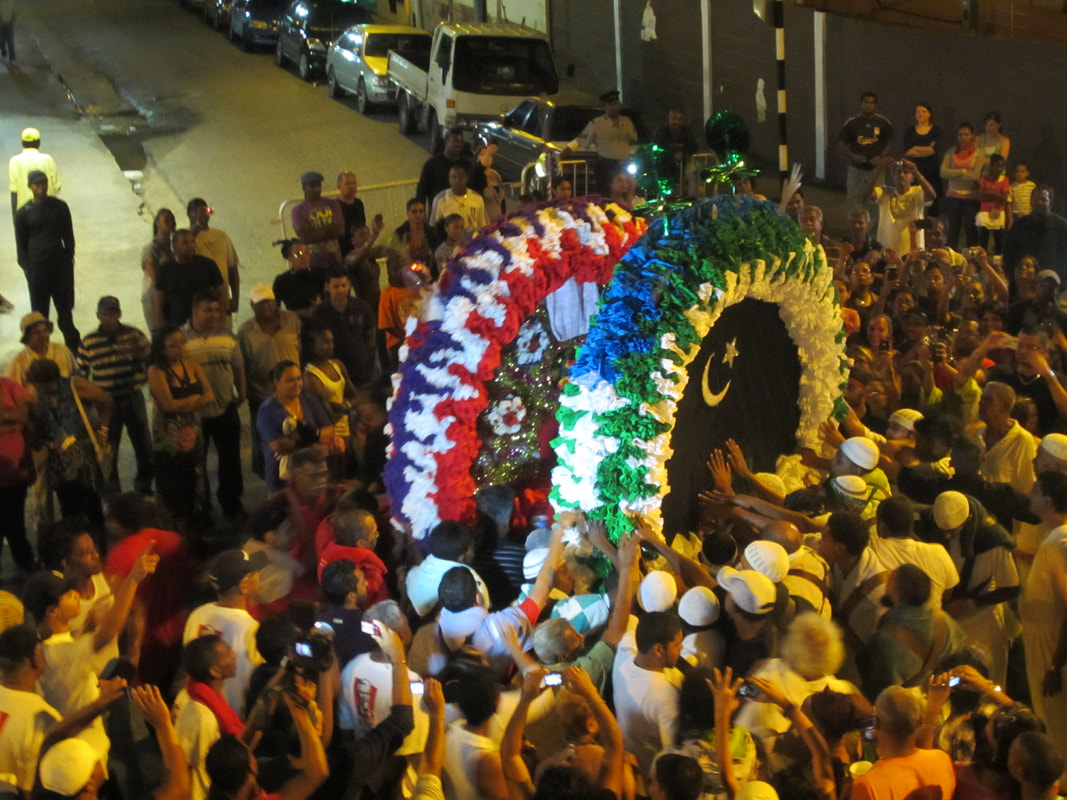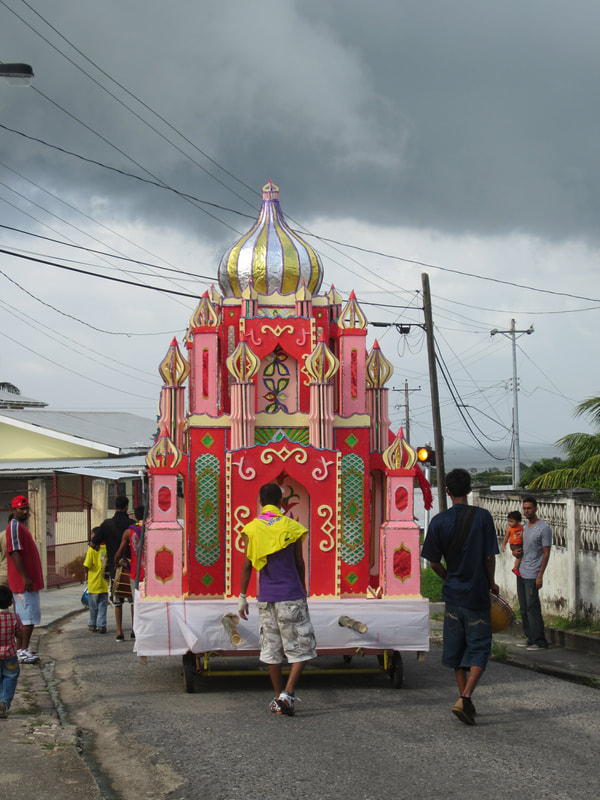Praise for "The Regulation of Religion and the Making of Hinduism in Colonial Trinidad"
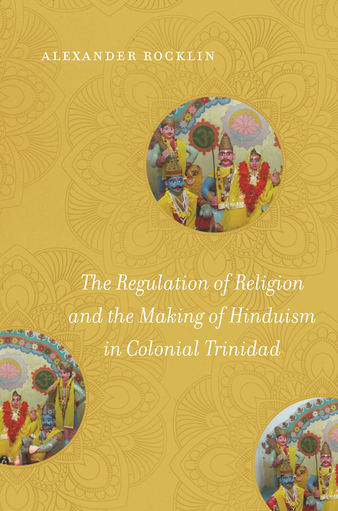
“Crossing the boundaries of history and anthropology, Rocklin’s deeply researched argument for a counterpoint between subaltern and colonial comparative religion will be essential for those interested in the development of Hinduism on a world scale, comparative religion, and Caribbean history and anthropology, where it will complement recent work on African-oriented Caribbean religion.”—Diana Paton, University of Edinburgh
“With this pioneering interpretive work, Rocklin makes a major contribution to Caribbean history as well as to Hindu diaspora studies. Exploring and explicating a welter of primary materials unfamiliar to most, this splendid, compelling study reveals the complex and dynamic circumstances in which Indians in the southern Caribbean navigated their colonial world and operated as social actors and influential interlocutors within multiracial and multireligious webs of state-driven interpellation.”—Keith McNeal, University of Houston
“With this pioneering interpretive work, Rocklin makes a major contribution to Caribbean history as well as to Hindu diaspora studies. Exploring and explicating a welter of primary materials unfamiliar to most, this splendid, compelling study reveals the complex and dynamic circumstances in which Indians in the southern Caribbean navigated their colonial world and operated as social actors and influential interlocutors within multiracial and multireligious webs of state-driven interpellation.”—Keith McNeal, University of Houston
New Books Network Interview:
"Beginning in the mid 19th century, thousands of indentured laborers traveled from India to the Caribbean, and many settled in Trinidad. In The Regulation of Religion and the Making of Hinduism in Colonial Trinidad (University of North Carolina Press, 2019) Alexander Rocklin argues that the beliefs and practices they recreated in the new world only became recognizable as a discrete entity we now call “religion” over time and as the result of social and political processes. This book tells the story of the making of Hindu in the British colonial Caribbean. Over time, interactions between colonial officials, elite Indians and workers, as well as conflicts over public performances of rituals produced something that many now call Hinduism. But Rocklin argues that this was not necessarily a foregone conclusion, and his book highlights the contingent nature of this process."
Listen to the complete interview on the New Books Network Podcast
"Beginning in the mid 19th century, thousands of indentured laborers traveled from India to the Caribbean, and many settled in Trinidad. In The Regulation of Religion and the Making of Hinduism in Colonial Trinidad (University of North Carolina Press, 2019) Alexander Rocklin argues that the beliefs and practices they recreated in the new world only became recognizable as a discrete entity we now call “religion” over time and as the result of social and political processes. This book tells the story of the making of Hindu in the British colonial Caribbean. Over time, interactions between colonial officials, elite Indians and workers, as well as conflicts over public performances of rituals produced something that many now call Hinduism. But Rocklin argues that this was not necessarily a foregone conclusion, and his book highlights the contingent nature of this process."
Listen to the complete interview on the New Books Network Podcast
Blog - The Politics of Religious Freedom and the Criminalization of Blackness:
Written by Alexander Rocklin in response to a podcast by Tisa Wenger interviewed by David Robertson
There are ghosts haunting religious freedom. I was at a panel at the National Archives of Trinidad and Tobago, celebrating 50 years since the repeal of anti-“shouting” legislation in that country. The repeal ended the effective outlawing of the practice of the “shouters,” today called the Spiritual Baptist faith. At the event, Spiritual Baptist Bishop Ray Brathwaite, who described the movement as an Afro-centric Christian faith, drew parallels between the Spiritual Baptists and Afro-Atlantic religions in Brazil, Cuba, and Haiti, arguing that they shared the same “template.”
Read the full blog on the Religious Studies Project's Website.
Written by Alexander Rocklin in response to a podcast by Tisa Wenger interviewed by David Robertson
There are ghosts haunting religious freedom. I was at a panel at the National Archives of Trinidad and Tobago, celebrating 50 years since the repeal of anti-“shouting” legislation in that country. The repeal ended the effective outlawing of the practice of the “shouters,” today called the Spiritual Baptist faith. At the event, Spiritual Baptist Bishop Ray Brathwaite, who described the movement as an Afro-centric Christian faith, drew parallels between the Spiritual Baptists and Afro-Atlantic religions in Brazil, Cuba, and Haiti, arguing that they shared the same “template.”
Read the full blog on the Religious Studies Project's Website.
